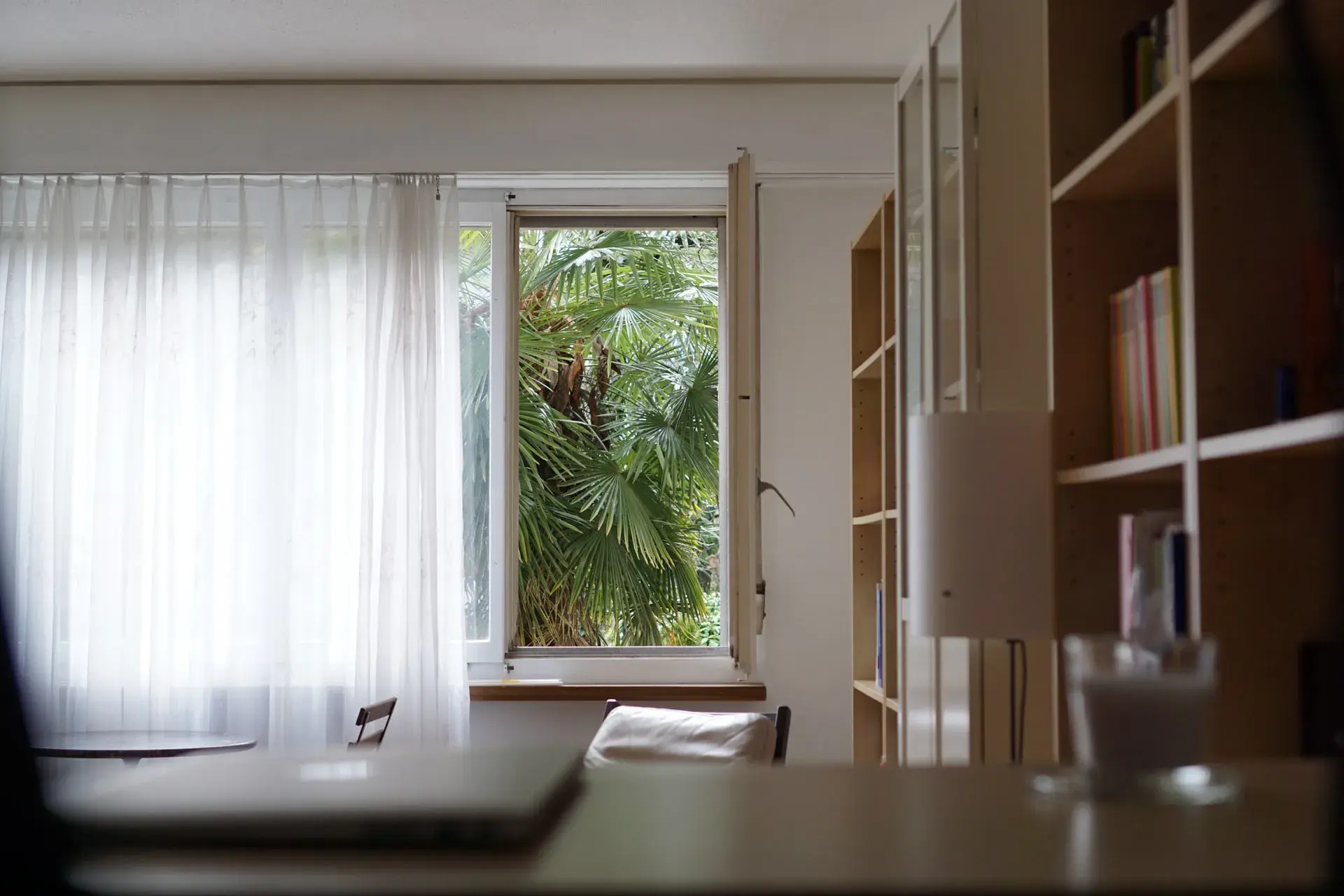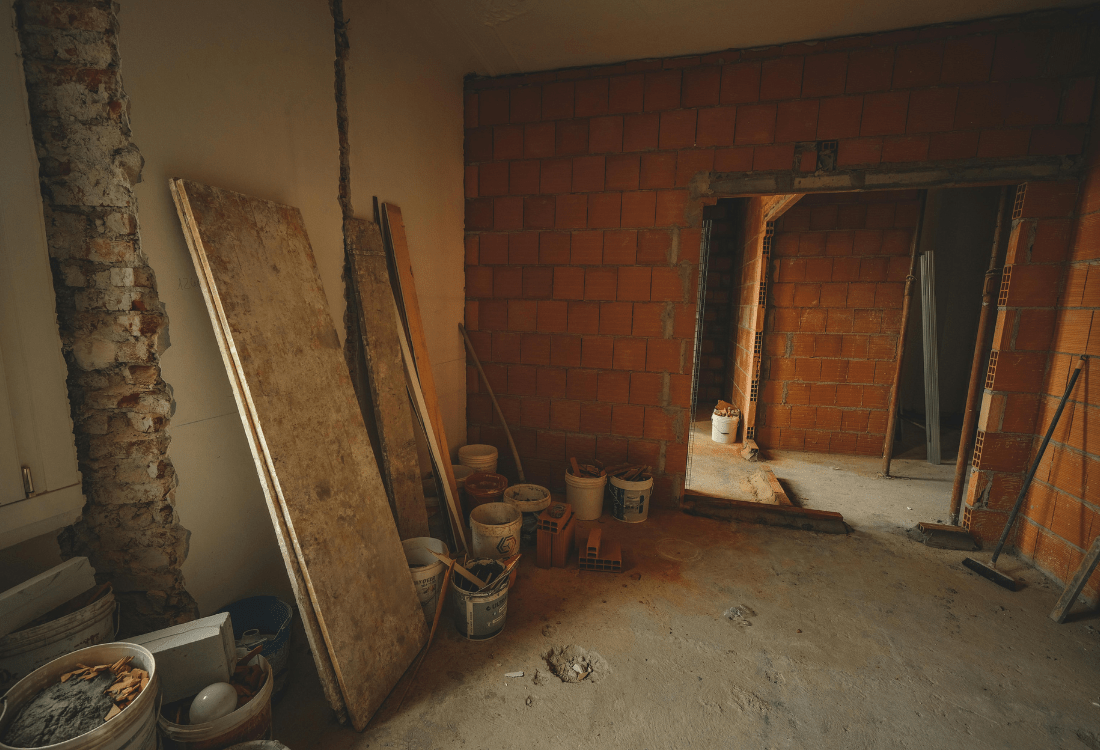Landlord Insurance Explained: What You Need To Know
By Crowthorne Insurance on Feb 15, 2021 10:30:00 AM

If you’re a landlord, you should consider taking out a special kind of insurance for letting to protect yourself in the case of accidents, damage, and loss of rent. It’s called landlord insurance, and it’s simply a kind of home insurance for let property. It’s not compulsory to get landlord insurance, but it can prove very useful in some instances.
What Does Landlord Insurance Cover?
Landlord insurance includes both buildings insurance and contents insurance; the former will cover you in the event of fire, flooding, and subsidence, while the latter will cover the contents of the property that you’ve left for your tenants.
There are a few extras you can choose to add on to landlord insurance policies, including cover for compensation claims if a tenant is injured, and cover for loss of rent if your tenants fail to pay. You might also be able to add cover in case your property is stolen from or damaged by tenants or to help cover the cost of forceful eviction of squatters.
Do I Need To Have Landlord Insurance?
Landlord insurance isn’t a legal requirement if you’re renting property out, but it’s certainly handy to choose specialised insurance for letting rooms. Most home and buildings insurance policies won’t cover you if you’re renting your property out, because insurers see rental properties as higher risk, likely due to the fact that your tenants won’t look after your investment quite as well as you will. The extras that landlord insurance policies offer can also be invaluable if the worst happens.
How To Make Sure Your Landlord Insurance Policy Isn’t Invalidated
As with all types of insurance cover, there are a few details to keep an eye on if you want to make sure your cover remains valid. First, most insurers will require you to fit smoke and carbon monoxide alarms on every floor of your rental property. You’ll also need to undergo regular gas and electrical safety checks, and keep up with all of your other landlord responsibilities.
You should also take out extra cover if your property is going to be left vacant for 30 days or longer. Unoccupied property insurance will cover you during this period, but it will come at a steeper price than landlord insurance.
For expert advice on renting out your property safely and legally, get in touch with us at Crowthorne for a no-strings chat about landlord insurance and cover.
- Home Insurance (30)
- Non-Standard Homes (17)
- Motor Trade Insurance (16)
- Car Insurance (12)
- Subsidence (10)
- Bad Credit History (2)
- Business Insurance (2)
- Insurance Broker UK (2)
- Motor Trade Policy (2)
- Motorcycle Insurance (2)
- Public Liability Insurance (2)
- Travel Insurance (2)
- Additional Business Use (1)
- Car Accident (1)
- Case Study (1)
- Holiday Home Insurance (1)
- Motor Insurance Database (1)
- Service Indemnity Insurance (1)
- Timber Frame House (1)
- January 2026 (8)
- December 2025 (7)
- November 2025 (4)
- October 2025 (4)
- September 2025 (3)
- August 2025 (1)
- April 2025 (1)
- March 2025 (1)
- November 2024 (1)
- October 2024 (2)
- September 2024 (1)
- July 2023 (1)
- June 2023 (1)
- June 2022 (1)
- March 2022 (2)
- February 2022 (2)
- January 2022 (2)
- September 2021 (1)
- August 2021 (5)
- July 2021 (2)
- June 2021 (2)
- May 2021 (2)
- March 2021 (2)
- February 2021 (2)
- January 2021 (2)
- December 2020 (2)
- November 2020 (1)
- October 2020 (3)
- September 2020 (2)
- August 2020 (2)
- July 2020 (2)
- June 2020 (1)
- May 2020 (2)
- April 2020 (3)
- March 2020 (2)
- February 2020 (2)
- January 2020 (5)
- December 2019 (3)
- November 2019 (3)
- October 2019 (1)
- September 2019 (4)
- August 2019 (4)
- July 2019 (7)
- June 2019 (4)
- April 2019 (3)
- March 2019 (3)
- February 2019 (1)
- June 2010 (1)
Subscribe by email
You May Also Like
These Related Stories

Getting the Best Landlord Insurance Policy for You

Why Non-Standard Home Insurance Is Essential For Renovated Or Extended Homes





No Comments Yet
Let us know what you think